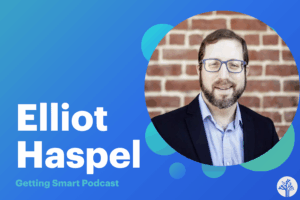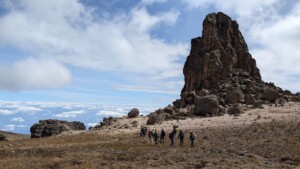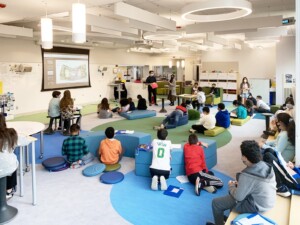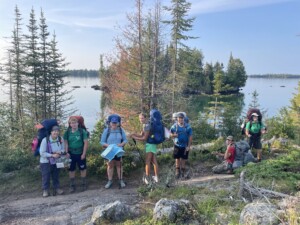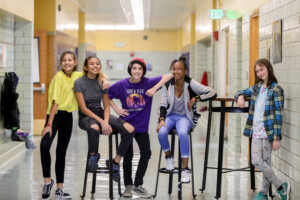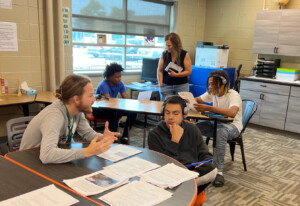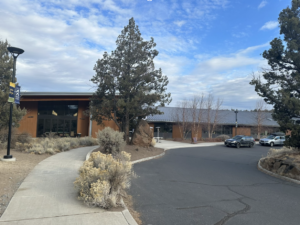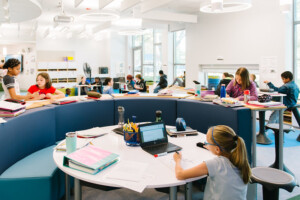Place Based Education
Place-Based Education (PBE) is anytime, anywhere learning that leverages the power of place, and learning space – not just the power of technology – to personalize learning. We’ve recently released a new book, The Power of Place: Authentic Learning Through Place-Based Education, which focuses on how PBE is an immersive learning experience that “places students in local heritage, cultures, landscapes, opportunities and experiences, using these as a foundation for the study of language arts, mathematics, social studies, science and other subjects across the curriculum.” PBE is also a natural complement to Personalized and Project-Based Learning, providing a way to connect these efforts to students’ local environment for engaging learning that leads to more engaged citizens.
Summit Stories: Lessons in Simplicity and Strength on Kilimanjaro
Join Matt Piercy on his climb up Mt. Kilimanjaro. Learn as he relates teamwork, leadership, and the appreciation of simplicity to education.
How Many Teachers Can a Building Be?
When we design our schools, we make a concrete commitment to the kind of teaching and learning we hope to see happen inside them
Place-Based Learning Goes International: Lessons from Luxembourg
Nicole Assisi, a leader in innovative change, shares insights about what makes a strong work-based learning program.
Portrait of a Community to Empower Learning Transformation
This community-centered approach enriches the Portrait of a Graduate, ensuring the educational ecosystem aligns with stakeholders' values and needs.
Where Seldom is Heard a Discouraging Word: Farm-based Microschools
Microschools that leverage outdoor assets like farms are a great way to create sustainable, accessible and community-connected education experiences.
Five Reasons to Bring Our National Parks into the Classroom
National Parks are a great way to provide experiential learning, outdoor learning and engage learners with a nuanced past.
Denver Public Schools: A Hopeful Generation of Climate Champions
A unique partnership between the local Denver government and public school district has resulted in real money and real impact.
Where Does Work to Imagine a Learner-Centered Ecosystem Begin?
While learner-centered ecosystems can begin in a variety of ways, establishing key people, practices, connections, or conditions to build upon is one approach to developing a strong foundation.
Outdoor and Experiential Learning Across the Country
Tom Vander Ark highlights a handful of schools that have a persistent and profound relationship to place.
Video Insights – Start the School Year Strong
Eden Park Elementary School teachers foster a strong start to the school year, emphasizing student involvement in creating shared expectations and a community-focused learning environment.


